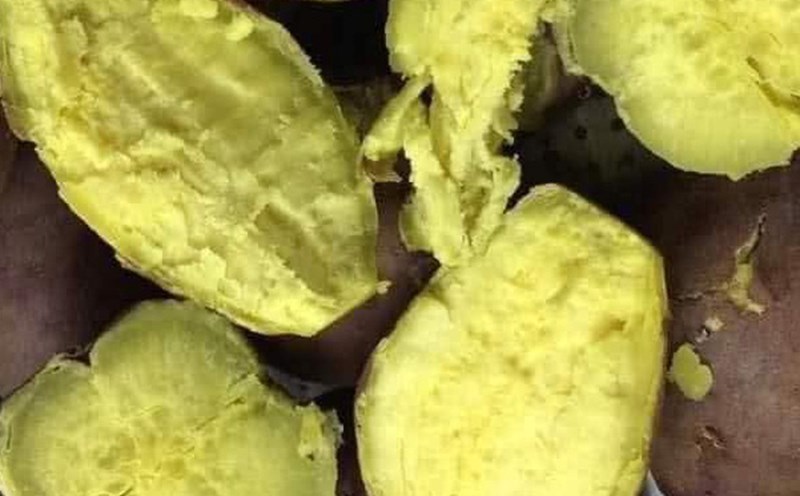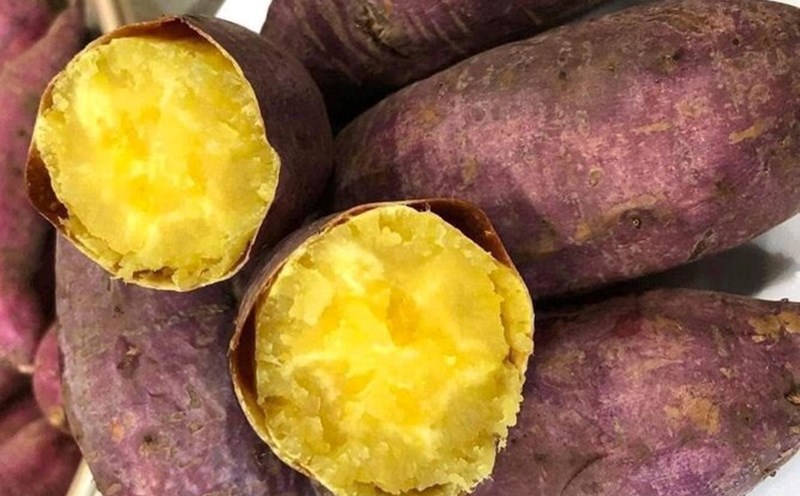Amaranth is a nutritious food, containing a lot of fiber, iron, calcium and vitamin C.
According to the recommendation, people with kidney failure should limit foods rich in potassium and oxalate, because weak kidneys cannot effectively eliminate these substances from the body. Notably, amaranth is one of the vegetables with high potassium and oxalate content.
100g of amaranth can contain up to 360mg of potassium. When the kidneys are no longer functioning well, potassium will accumulate in the blood, leading to an increase in potassium in the blood. Complications of hyperkalemia are very dangerous and can cause arrhythmia if not controlled promptly. According to the World Health Organization, in people with kidney failure, blood potassium levels easily exceed the safe threshold when eating foods rich in potassium such as amaranth.
Amaranth contains a relatively high oxalate content a substance that can combine with calcium to form calcium oxalate crystals, which accumulate in the kidneys and increase the risk of kidney stones. According to research, a diet rich in oxalates in people with poor kidney function can promote the formation of stones or make kidney disease progress faster.
Although it is a vegetable with many benefits for healthy people, amaranth is not suitable for people with kidney failure due to its high potassium and oxalate content. Using the right foods and following a strict diet are key factors in helping to control and slow the progression of chronic kidney disease.











